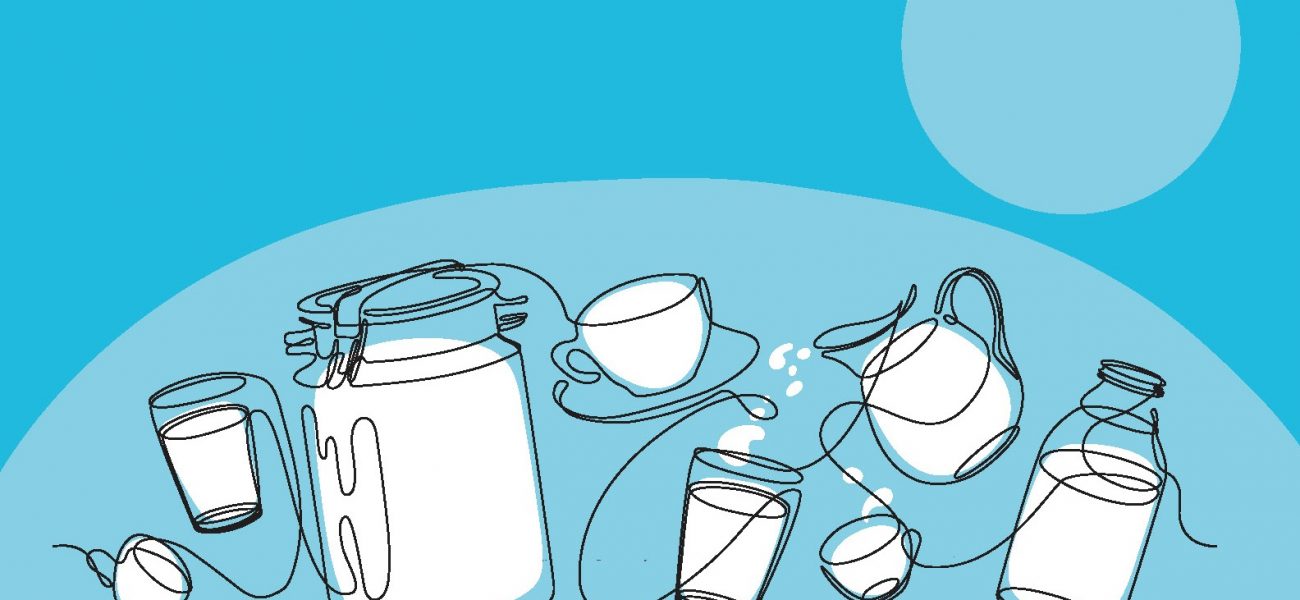For years, people on plant-based diets have sung the virtues of swapping their morning latte for an oat-based version, but are there any benefits to it? Here is everything you need to know…
Milk the benefits
If you’re quite nutrition savvy or you eat intuitively, then you’ll probably know when your body isn’t keen on digesting a certain food group. “In the short-term, there are unlikely to be any detrimental effects to giving up dairy,” says Dr Ayesha Akbar, consultant gastroenterologist at the Princess Grace Hospital in London, (hcahealthcare.co.uk). “People should only remove or reduce their intake of dairy if they see a beneficial effect in doing so. Such benefits could include less bloating, regular bowel habits, and for some, a reduction in acne or migraines. There may be no effects at all, but if the individual is allergic or intolerant, they may well feel better for giving it up. Reducing or cutting dairy products out for two weeks will help determine that. If you are lactose intolerant, then you’ll respond well to eating fewer dairy products. It does not mean that you have to abstain from it.”
Strong teeth and healthy bones
For a long time, we’ve been told that dairy products are good for us – but are they essential to our health? “Dairy products contain 18 of 22 essential nutrients, including calcium, phosphorus, potassium; vitamin B12 and D; and magnesium,” says Dr Akbar. “Dairy is also a rich source of protein. If you abstain from it when you’re not intolerant, you may become intolerant as a result and experience side effects on reintroduction, such as bloating. You may also want to include more protein-rich foods if you do plan to give it up.”
Dairy – free freedom
“Lactose intolerance occurs because of a deficiency of the chemical enzyme (lactase), needed to break down the sugar (lactose) which is present in milk,” explains Dr Akbar. “We can break lactose down into two simple sugars (glucose and galactose) which the body absorbs; when someone is lactose intolerant, they do not break the lactose down and it moves to the colon where bacteria react with it and cause symptoms such as bloating. Symptom onset is usually between 30 minutes to two hours after dairy consumption, and it usually resolves within 48 hours once it has passed through the gastrointestinal tract. Symptoms include bloating, abdominal cramps, diarrhoea, nausea (occasionally vomiting) and sometimes a runny nose.”





















